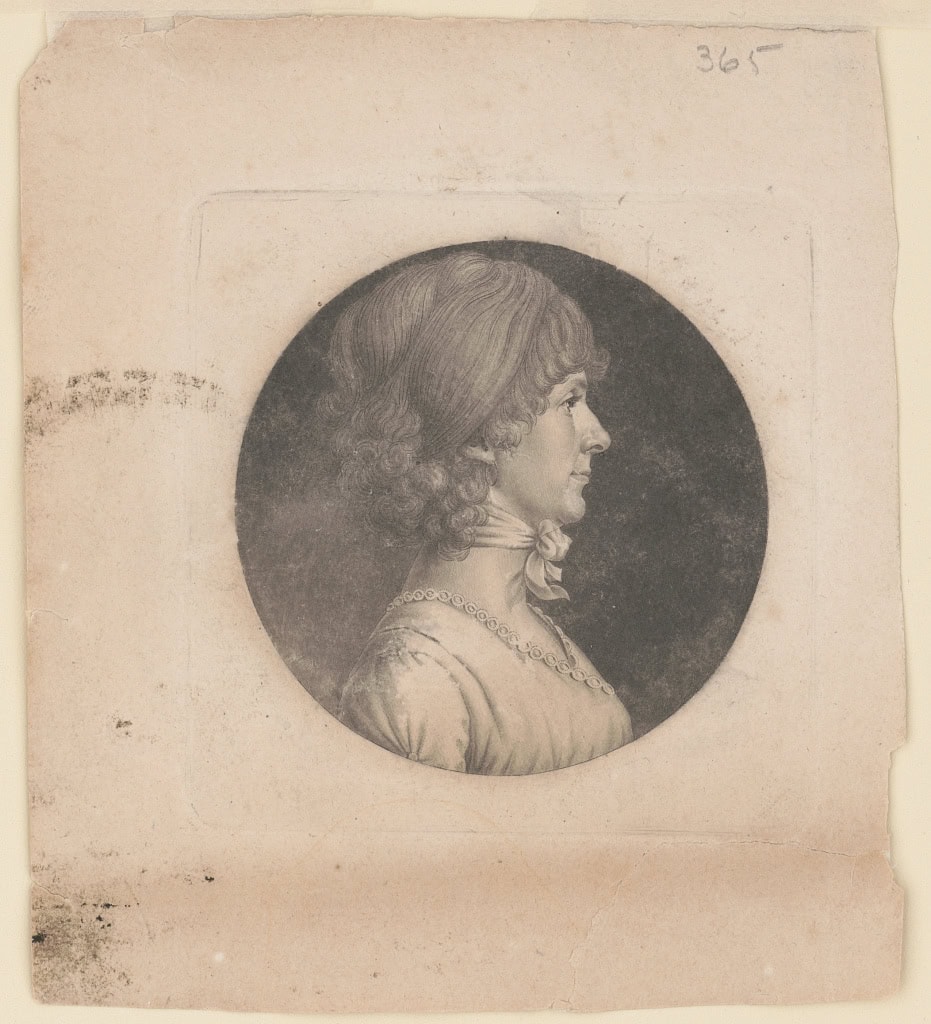Janice A. Brockley is an associate professor at Jackson State University. She lives in Jackson, Mississippi, and has been a member since 2002.
Website: https://www.jsums.edu/history/jbrockley

Alma maters: BA, Robert D. Clark Honors College, University of Oregon, 1991; PhD, Rutgers, the State University of New Jersey, 2001
Fields of interest: social, disability, childhood, America
Describe your career path. What led you to where you are today?
My career path is unusually straightforward. I studied history as an undergraduate and graduate student. During the week of graduation, I got a phone call from Dernoral Davis, then chair of the Jackson State history department, and I have been at JSU for over 20 years.
What do you like the most about where you live and work?
I love that I am allowed to teach a variety of courses. I teach everything from antebellum America to public health to women’s history. It allows me to keep learning and sharing what I learn. I am scheduled to teach Civil War and Reconstruction for the first time next year and I cannot wait to start reading for it.
What projects are you currently working on?
I am working on an article on the private sterilization of a young girl in the early 1980s. I am also examining the intersection of race and disability in a 1975 Children’s Defense Fund lawsuit that accused the state of Mississippi of both excluding disabled children from the public schools and unjustly placing Black children in special education classes.
Have your interests evolved since graduation? If so, how?
I have had to evolve to meet my students’ interests. JSU is a historically Black university with a mostly African American student body. One of the first classes that I taught was women’s history. My students wanted more about Black women and it quickly became clear that what we really needed was a course specifically on the history of Black women. So now we have a two-semester survey of the history of African American women. That is not something I could have imagined teaching when I graduated, both for lack of training and as a white woman. Ultimately, I think what makes the class work is the active engagement of my students and their enthusiasm for the scholarship we are reading.
What’s the most fascinating thing you’ve ever found at the archives or while doing research?
The thing I was most shocked by was when I was working as an aide in a law library and came across the Oregon law for the sterilization of “defectives.” This was when I was an undergraduate in the 1980s, before the state sterilization programs became so well known. I had never heard of people being called defective or imagined my home state would do something like eugenic sterilization. It became my senior thesis topic. I gained access to the minutes of the state eugenics board via a state attorney general’s order. It was grim reading the lists of names and ages, particularly when I came across castrations of adolescent boys in the 1930s. Growing up with a disabled sister, it was a disturbing introduction into disability history.
Is there an article, book, movie, blog etc. that you could recommend to fellow AHA members?
I would recommend Sarah Rose’s No Right to Be Idle: The Invention of Disability, 1840s–1930s. Rose examines the growing exclusion of people with disabilities from the workforce and their redefinition as nonproductive burdens on society. It is a grim but a brilliant book.
What do you value most about the history discipline?
As long as I can remember, I wanted to know why—why things happened or why things were the way they were. History is how I can find out.
Why is membership in the AHA important to you?
It feels like the profession is under attack on so many levels. Belonging to the AHA is one way that I can contribute.
AHA members are involved in all fields of history, with wide-ranging specializations, interests, and areas of employment. To recognize our talented and eclectic membership, Perspectives Daily features a regular AHA Member Spotlight series.
This work is licensed under a Creative Commons Attribution-NonCommercial-NoDerivatives 4.0 International License. Attribution must provide author name, article title, Perspectives on History, date of publication, and a link to this page. This license applies only to the article, not to text or images used here by permission.


